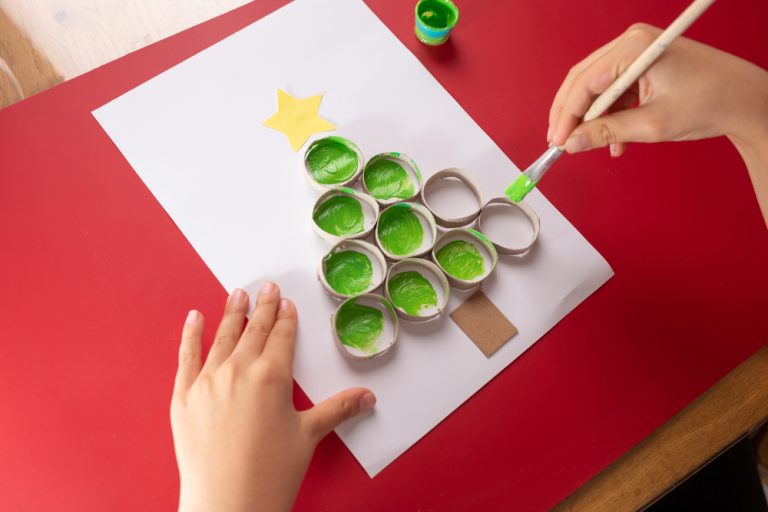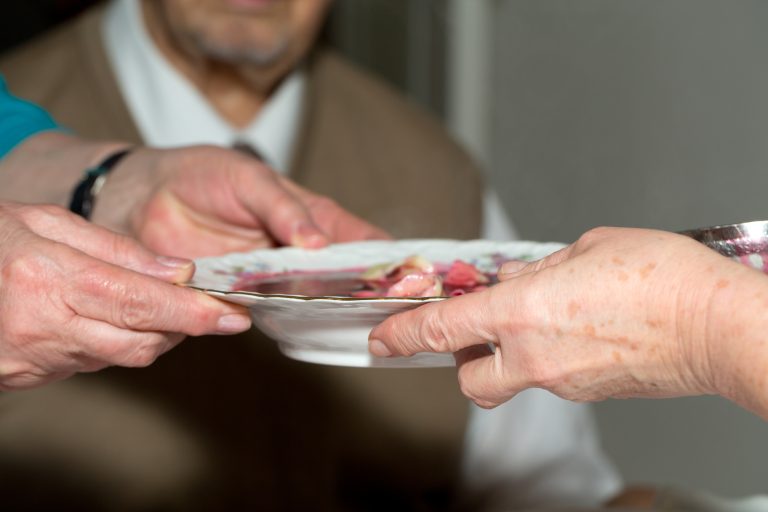6 steps to a sustainable Christmas
Just as the Grinch stole Christmas, excess spending can rob us all of yuletide happiness. Seasonal credit card splurges can create ballooning long term debt, while unnecessary consumption inevitably leads to a blow-out in rubbish bin waste. The Commonwealth Bank of Australia estimates $11 billion is spent on presents each year, including some 20 million unwanted gifts. At the same time, seasonal celebrations boost landfill rubbish by a massive 30 per cent. So, if you want to max out the ho, ho, ho in Christmas this year, think of applying more whoa, whoa, whoa to your spending and consumption ideas. Here are six simple tips Ebenezer Scrooge would be proud of: Ninety per cent of Australians claim to recycle something, sometimes. What better way to do this than to shop for presents in one of Australia’s 2,500 opportunity shops? Forget the old days of chipped crockery and stained used clothing. Op shops are full of trendy, mint condition items and are the perfect place to find something slightly offbeat or unusual for your loved one. Save on postage and reduce needless paper usage by sending clever and original e-Christmas cards. Head online to create your seasonal messages to email to friends and family. Many websites provide free cards, while others offer designer animated versions. Instead of giving a physical gift, give an experience such as tickets to a concert or a voucher to use at a favourite restaurant. Better still, why not gift something special of yourself by offering to cook a meal or provide free babysitting for a family member. Giving an experience rather than a physical gift also means you don’t need to waste precious paper by wrapping the present or spend money on postage getting it to that special someone. If you do give a physical present, think of some clever ways to wrap it, so you’re not adding to the 150,000 km of wrapping paper Australians needlessly use each year – that’s enough paper to circle the equator 4 times. Wrap your gift in a re-usable patterned tea towel or scarf, or better still, invest in some brightly patterned boxes to hold your present that can be recycled from one Christmas to the next. Stop for a moment and look around your home to see what you can re-use and turn into a gift. A great place to start is the garden. Many plants can be easily divided and, in doing so, will create new plants you can pot up in a re-usable pot to give away. Take time to plan your meals this season and, wherever possible, cut down on buying heavily packaged or processed foods. Instead, buy fresh foods that can be eaten without much cooking, re-used as leftovers, or frozen for later consumption. It’s estimated that ninety per cent of Australians discard some 25 per cent of all the food they buy during December – that’s food that has been needlessly produced only to end up in Australia’s landfills. What really matters is remembering how blessed we are to be enjoying the festive season in whatever way we can and being with the people we care about most. The information provided in this article is general in nature only and does not constitute personal financial advice.

